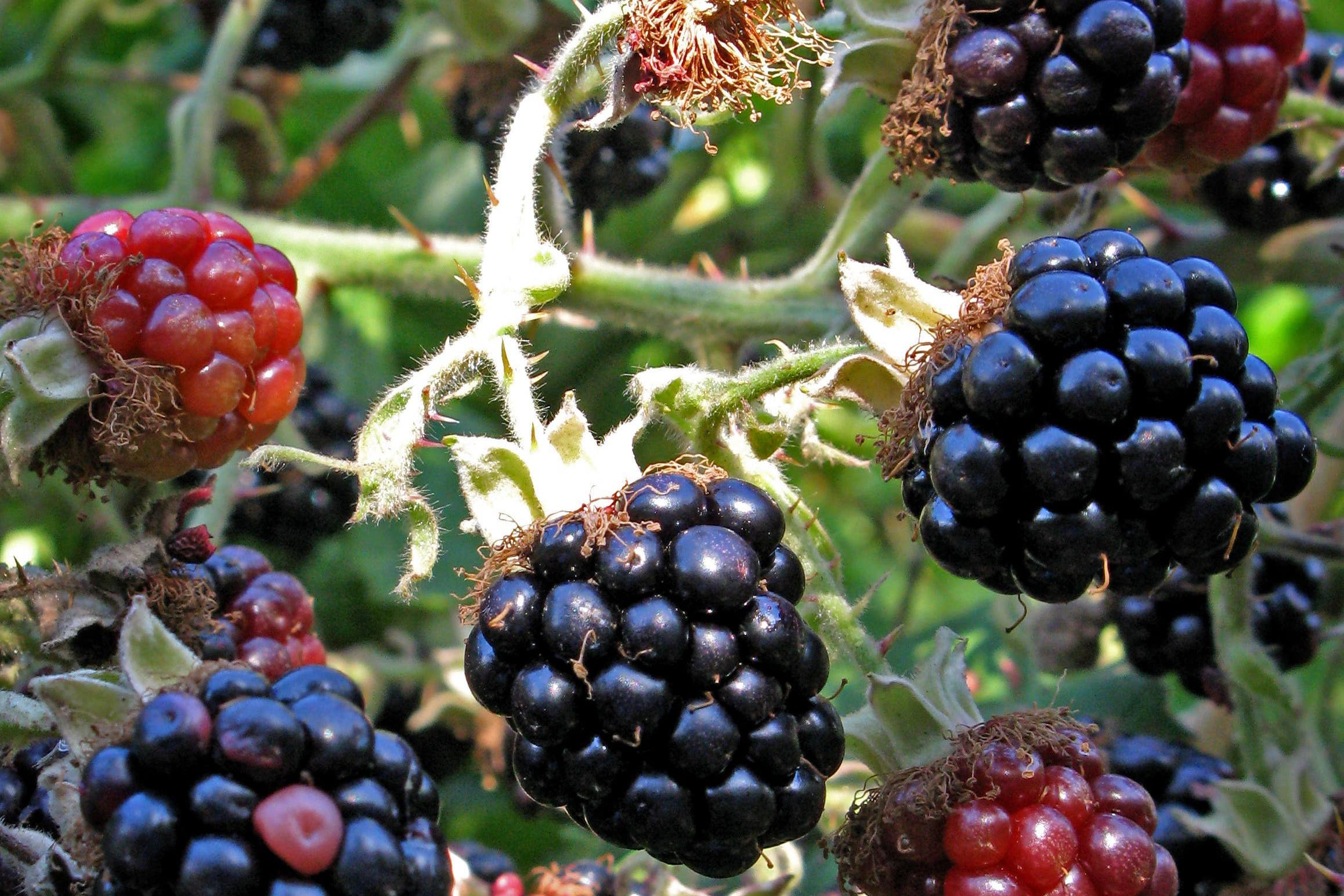Apples and blackberries may help lower chances of developing frailty – study
Plant-based foods that contain flavonols could potentially be linked to a decreased likelihood of the condition, research suggests.

Your support helps us to tell the story
From reproductive rights to climate change to Big Tech, The Independent is on the ground when the story is developing. Whether it's investigating the financials of Elon Musk's pro-Trump PAC or producing our latest documentary, 'The A Word', which shines a light on the American women fighting for reproductive rights, we know how important it is to parse out the facts from the messaging.
At such a critical moment in US history, we need reporters on the ground. Your donation allows us to keep sending journalists to speak to both sides of the story.
The Independent is trusted by Americans across the entire political spectrum. And unlike many other quality news outlets, we choose not to lock Americans out of our reporting and analysis with paywalls. We believe quality journalism should be available to everyone, paid for by those who can afford it.
Your support makes all the difference.Eating foods like apples and blackberries may help lower your chances of developing frailty.
Research suggests plant-based foods that contain dietary compounds called flavonols could potentially be linked to a decreased likelihood of the condition.
The study suggests flavonoids called quercetin, which is found in apples and blackberries, may be the most important for frailty prevention.
Researchers found that for every 10 mg higher intake of flavonols per day – about one medium-sized apple – the odds of frailty were reduced by 20%.
There may be some validity to the old saying, an apple a day keeps the doctor (or frailty) away
According to Age UK, frailty is generally characterised by issues like reduced muscle strength and fatigue.
About 10% of people aged over 65 live with it, and this figure rises to between 25% and 50% for those aged over 85.
Current dietary recommendations for frailty prevention primarily focus on protein intake.
But the researchers say there are many other foods that may have health benefits.
The study authors say: “There may be some validity to the old saying, an apple a day keeps the doctor (or frailty) away.
“Our findings suggest that for every 10 mg higher intake of flavonols per day, the odds of frailty were reduced by 20%.
“Individuals can easily consume 10 mg of flavonols intake per day since one medium-sized apple has about 10 mg of flavonols.”
Co-authors Shivani Sahni and Courtney Millar, of Harvard Medical School, and the Hinda and Arthur Marcus Institute for Ageing Research, Hebrew SeniorLife, said: “Although there was no significant association between total flavonoid intake and frailty, higher flavonols intake (one of the subclasses of flavonoids) was associated with lower odds of developing frailty.
“Specifically, higher quercetin intake was the flavonoid that had the strongest association with frailty prevention.
“This data suggests that there may be particular subclasses of flavonoids that have the most potential as a dietary strategy for frailty prevention.”
According to the scientists, future research should focus on dietary interventions of flavonols or quercetin for the treatment of frailty.
The findings were published in the American Journal of Clinical Nutrition.